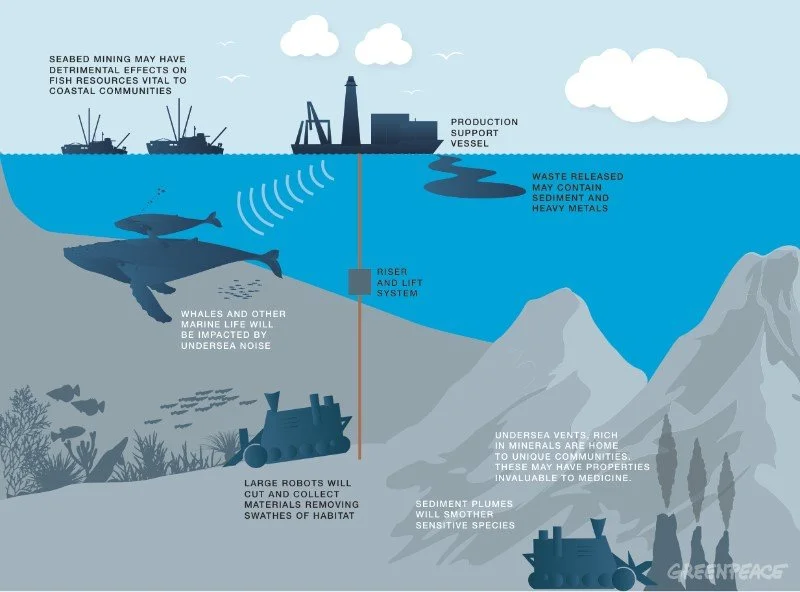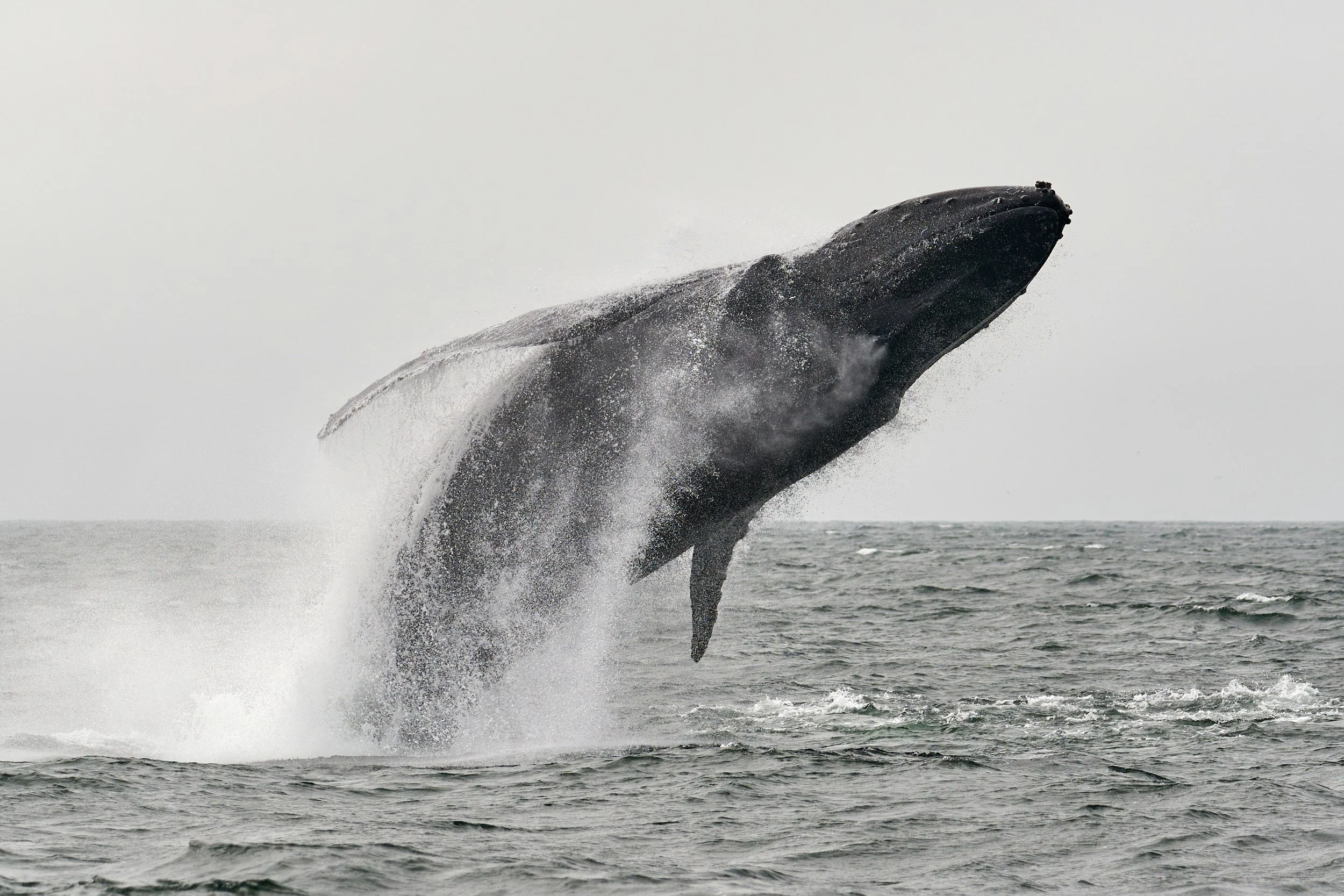
Why Whale Song Matters Now More Than Ever
Deep Sea Mining and the effects on Marine life.
Deep Sea Mining and the effects on Marine life.
Click on the image above to learn more about how deep sea mining is harming our Oceans
The Ocean is Dying and We’re Digging the Grave
As industrial interests turn their attention to the ocean floor, deep-sea mining threatens one of the last untouched ecosystems on Earth. The promise? Rare metals for electronics and green tech. The price? Destruction of ancient habitats, mass species extinction, and the silencing of the ocean’s most mysterious voices — the whales.
This page explores what’s really at stake, and why the story of Whale Song couldn’t be more timely.
What is Deep Sea Mining?
Deep-sea mining involves extracting minerals from the ocean floor, particularly from hydrothermal vents, manganese nodules, and seamounts — habitats that have developed over millions of years. Once disturbed, they may never recover.
Key Threats:
Noise Pollution: Devastates whale communication and navigation.
Habitat Destruction: Entire ecosystems are wiped out before we even discover what lives there.
Toxic Plumes: Mining stirs up sediment and chemicals, contaminating the food chain.
Biodiversity Loss: Unique species — some unknown to science — are being eradicated.
Why It Matters to Whale Song
In Whale Song, Alex Carter doesn’t just hear the whales — she understands them. Their songs are stories, warnings, and memories. As deep-sea mining accelerates, we’re not just risking the ocean’s health — we’re silencing its ancient storytellers.
Learn More Take Action
Tap the image above to learn about Mission Blue
Tap on the Whale to learn how to Rise Up!
Information on The UN Ocean Conference 2025 (UNOC3)



